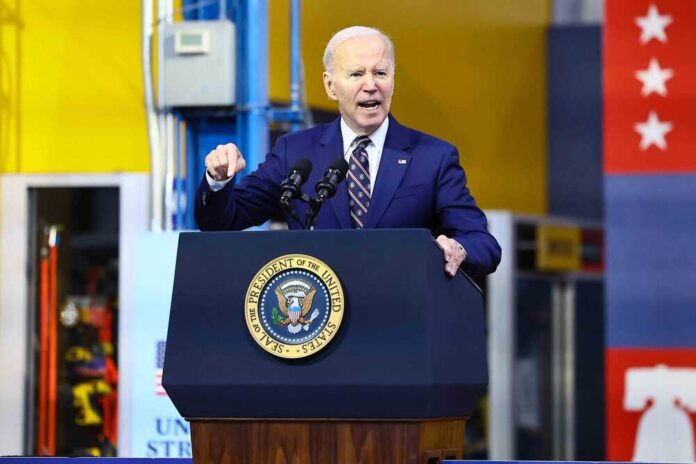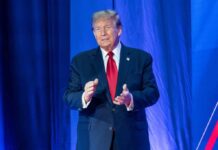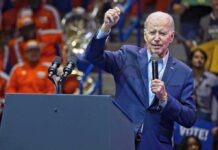
In a recent MSNBC interview, Joe Biden adamantly refused to negotiate the debt ceiling, boasting that his administration’s economy is superior to that of his predecessor, President Donald Trump. Biden’s statement has sparked debate among experts and commentators, who question the accuracy of his claims.
During the interview on “The 11th Hour,” Biden criticized the Republican “MAGA budget” and insisted that the debt limit should be raised, as it was during Trump’s tenure. Biden argued that Trump left the economy in shambles and significantly increased the national debt. Biden, however, seems to have conveniently forgotten some crucial details when comparing the two administrations.
Biden: 'I Won’t Negotiate Debt Ceiling Because My Economy’s Better than Trump’s'
Seems Sleepy Joe can’t handle the truth.. https://t.co/i2WnsKkzv6
— le mitch 🐘❤️🇺🇸 (@lp_mitchell2) May 7, 2023
As Fox Business host Larry Kudlow points out, President Biden’s claim of creating more jobs is misleading. While non-farm payroll numbers did show an increase of 253,000, revisions to February and March numbers resulted in a net gain of only 104,000. In contrast, real wages for blue-collar workers rose by 7.3% under Trump, while they have fallen by 2.1% during Biden’s presidency. This stark difference in real wages directly impacts living standards and may be a crucial factor in future elections.
Moreover, Biden’s assertions regarding economic growth are not supported by recent data. The U.S. economy experienced a sharp deceleration between January and March, with a mere 1.1% annual growth rate. This slowdown was unexpected, as economists had projected a 1.9% growth rate for the first quarter.
Despite these realities, Biden continues to dismiss concerns over the debt ceiling and accuses Republicans of being unwilling to cooperate. However, Larry Kudlow offers a different perspective, asserting that Biden refuses to cut any spending from the roughly $6 trillion he has accumulated over two years. Instead, Kudlow argues, the GOP is proposing common-sense solutions, such as a 1% cap on annual spending increases.
The ongoing debate surrounding the debt ceiling and budget economics has significant implications for the nation’s financial stability. Kudlow cites a Wall Street Journal piece by Greg Ip, which suggests that a debt deal, including spending cuts, could help alleviate the country’s inflation problem. Such an agreement might prompt the Federal Reserve to reduce interest rates, easing pressure on banks and benefiting the overall economy.
Ultimately, Biden’s refusal to negotiate on the debt ceiling and his misleading claims regarding economic performance demand scrutiny. In the face of mounting evidence, Biden’s insistence on comparing his economic record to Trump’s may not be as strong an argument as he would like to believe. The American people deserve a clear, accurate understanding of the nation’s economic situation and a willingness from both sides of the aisle to work together to address pressing financial issues.













